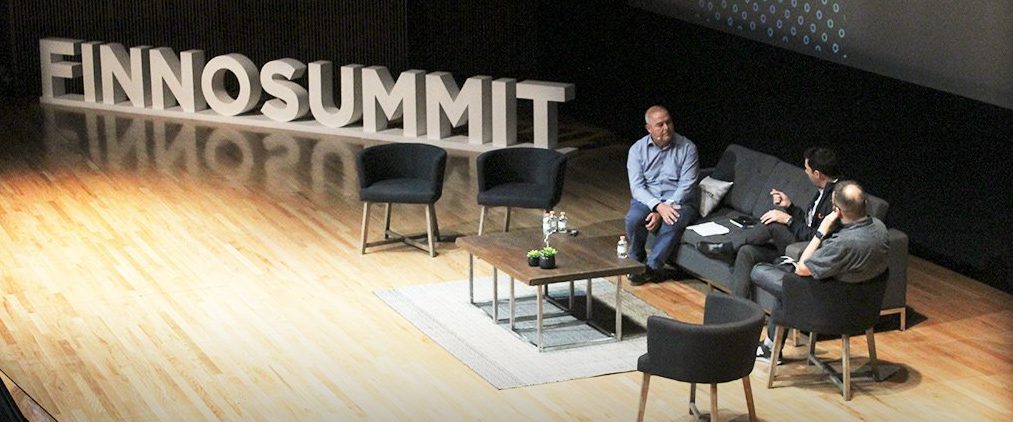Analysts have noted that unprecedented numbers of startups in Brazil are beginning to look at expanding beyond their country’s borders this year.
As a general rule, startups in Brazil have historically found growing within their own borders enough of a task, given the 210 million-strong population, let alone abroad. As a result, Brazilian startups have tended to resort to bootstrapping, as investment capital has traditionally been difficult to obtain.
The country’s emerging middle class, along with the huge amount of enthusiasm for social media, has provided the perfect environment for startups to grow on home territory.
However, according to Tech Crunch, dozens of startups have confirmed their interest in expanding their business models globally, focusing on the US and beyond. This coincides with the gradual end of Brazil’s economic recession after three years of financial turmoil, as GDP grew by 1% last year.
Related: ‘Descola: the São Paulo startup revolutionising online innovation courses’
Although Brazil is still wrought with political instability, startups are seeing more investment than ever from the US, Europe and Asia. The Portuguese-speaking country looks to be catching up, at last, with general trends in Latin American startups, who have seen international investment double since 2013.
It seems foreign investors pre-empted the political turmoil that will inevitably arrive in October of this year, when Brazil will host its presidential elections, reported Bloomberg Markets.
For example, during the first trimester of 2018, the New York Stock Exchange invested almost $2.3 billion in Brazilian cryptocurrency startup PagSeguro, in what was the biggest initial public offering since 2011. The mobile payment-based e-commerce service for commercial operations, founded in 2006, is part of Universo Online group, Brazil’s largest internet portal.
Startups looking to expand internationally can be reassured by evidence that it is not an impossible task, as Tech Crunch outlines examples of several Brazilian startups who have made international moves over the last two years.
Ed-tech startup Mosyle, founded in Campinas in 2011, is now based in the US and is used in over 4,000 schools. Last year, it received a large investment from DGF Investimentos for its ventures abroad, the sum yet to be disclosed.
Pipefy, the cloud-based management platform used by 15, 000 companies, was founded in Curitiba, Brazil, and has also transferred its HQ to San Francisco. The company recently raised $16 million in series A funding, reported Crunchbase in March this year.
Similarly, São-Paulo-based startup Gympass has expanded globally since its creation six years ago, offering corporate fitness plans in 32,000 gyms in Latin America, Europe and the United States.
Related: ‘Digital operator startup Fluke set to transform mobile phone contracts across Brazil’
Other Brazilian startups who have made successful moves abroad include PSafe, Hotmat and Movile. Of course, expanding internationally is not entirely simple, and startups must take into account everything from regional differences to varying business conditions and international market patterns.
However, thanks to entrepreneurial hubs such as Cubo, the largest of its kind in South America, startups in Brazil have a wealth of resources at their disposal to help them in all ventures, whether they decide to expand or not.
Also on hand to help out in Sillicon Valley is BayBrazil, the networking community that connects US and Brazilian entrepreneurs, offering mentoring services for young professionals and aiming to boost connections between the two countries.
For entrepreneurs, the good news is the country’s current volatile political situation doesn’t seem to be affecting the growth and global expansion of Brazil’s many startups, who seem to be seeing more opportunities than ever and reaping the rewards.










